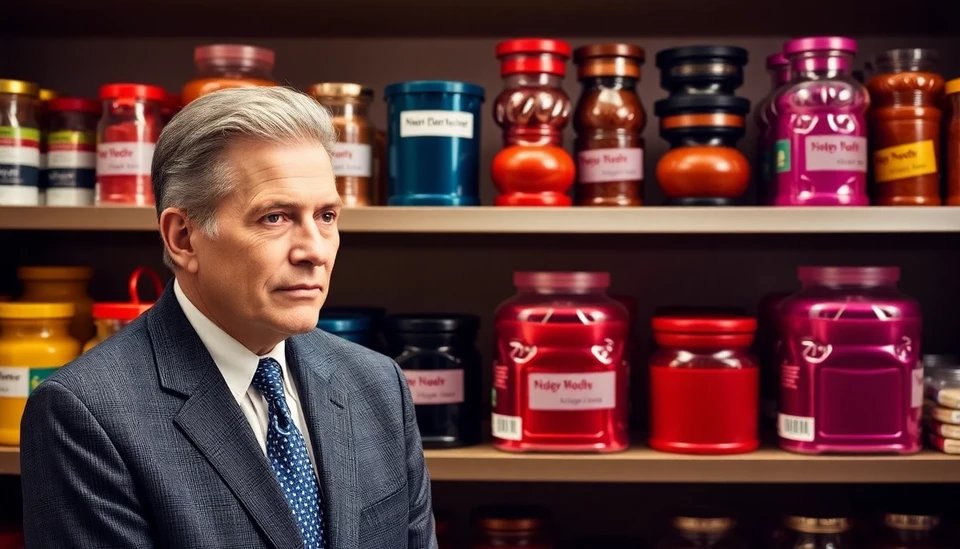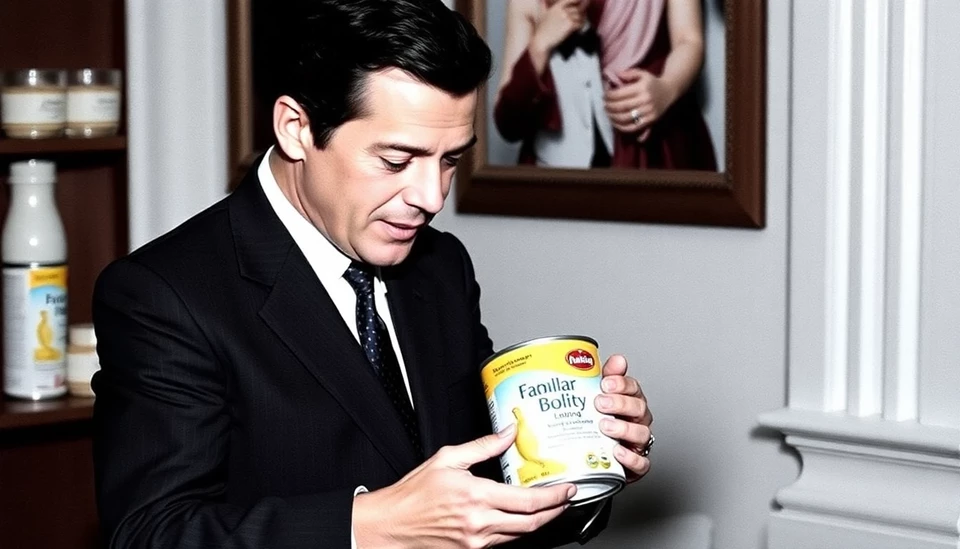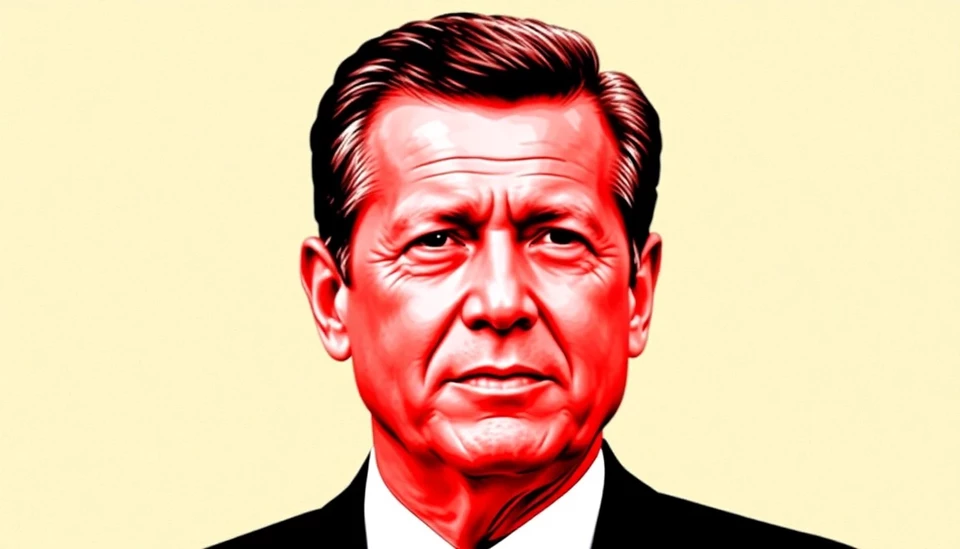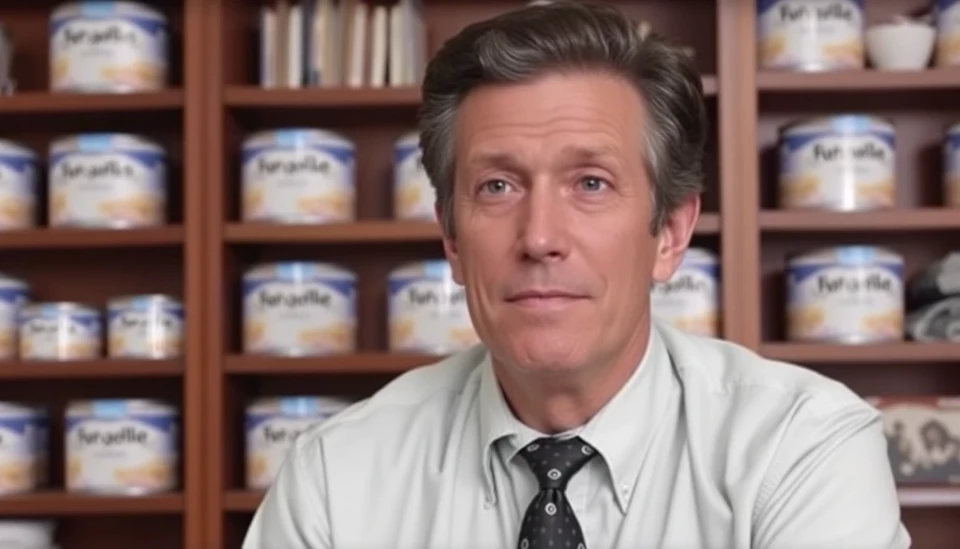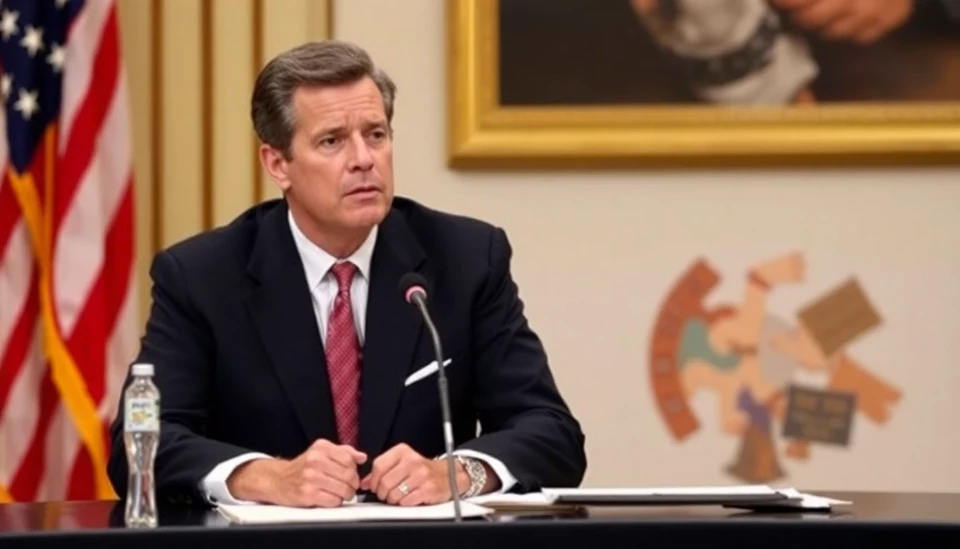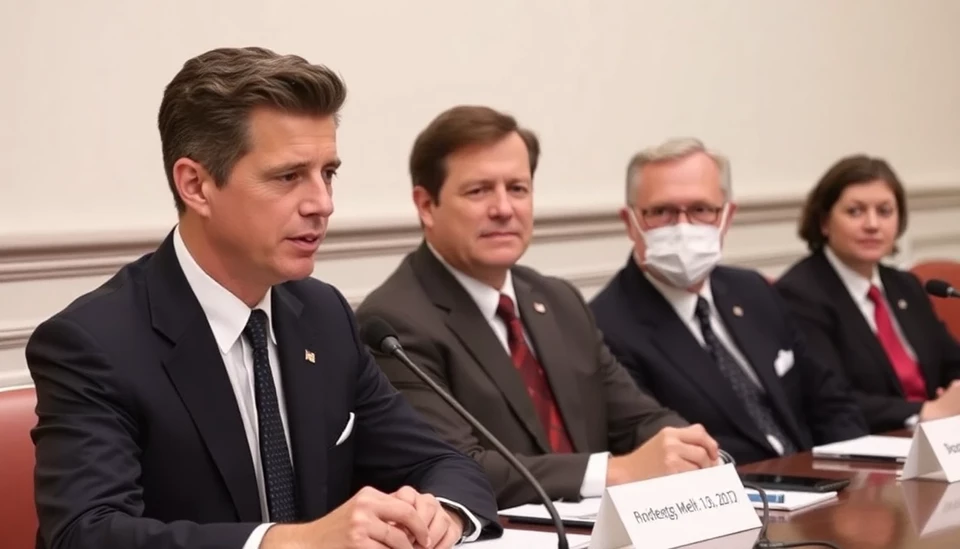
In a significant development within the ongoing national conversation about vaccines, Robert F. Kennedy Jr. has convened a panel of experts to evaluate vaccine safety. Meeting under the banner of his organization, Children’s Health Defense, this panel represents an early opportunity for Kennedy to assert his influence in the scientific community amidst ongoing debates surrounding vaccines and public health policies.
The panel's initial meeting was characterized by a range of discussions focusing on vaccine-related issues, including potential correlations between vaccines and various health concerns. Kennedy, a notable figure in anti-vaccine activism, aims to lend credibility to his cause by assembling experts who share his skepticism regarding mainstream vaccine policies.
During the session, members voiced their dedication to what they term “informed consent” regarding vaccinations. The panel's formation comes at a time when the credibility of vaccine safety proponents is under scrutiny, especially in light of a persistent public health campaign promoting the benefits of vaccines in curtailing infectious disease outbreaks. This juxtaposition is likely to ignite further debate, particularly within scientific and medical communities that advocate for vaccine efficacy and safety.
The controversy surrounding Kennedy and his organization hinges on a diverse array of studies and individual testimonies, with some claiming adverse side effects from vaccines. The emerging discussions within the panel aim to sift through existing research to paint a comprehensive picture of the narratives surrounding vaccines. Critics, however, are quick to point out the need for rigorous scientific methods and adherence to peer-reviewed studies when evaluating vaccine safety.
As pressure mounts for both proponents and opponents of vaccine science, the existence of this panel could serve as a litmus test for Kennedy’s ambitions within the field. If the panel can produce a credible and scientifically sound report that resonates with the general public, it could bolster Kennedy’s positioning as a serious contender in the dialogue on public health. However, should the panel be perceived as biased or lacking scientific rigor, it could further delegitimize his efforts within mainstream discussions.
As the country grapples with public health concerns, particularly in light of recent pandemics, the implications of this panel will be closely monitored. Stakeholders across health care sectors may either feel empowered or threatened by the outcomes of Kennedy’s initiative, with potentially far-reaching ramifications for public trust in vaccines and health institutions.
The actions taken by this group and their subsequent findings will likely influence ongoing debates surrounding vaccine policies in schools, workplaces, and public health campaigns moving forward.
In a broader sense, this meeting and its outcomes reflect the ongoing tensions in the discourse around vaccination, making it a pivotal moment not only for Kennedy but also for the future of public health communication strategies.
As discussions about the role of vaccines in society continue to evolve, all eyes will remain keenly focused on this newly formed panel and the ramifications of its work on public perception and policy.
#RFKJr #VaccineSafety #PublicHealth #ChildrenHealthDefense #ScientificPanel #VaccinationDebate #HealthControversy #InformedConsent
Author: Samuel Brooks
